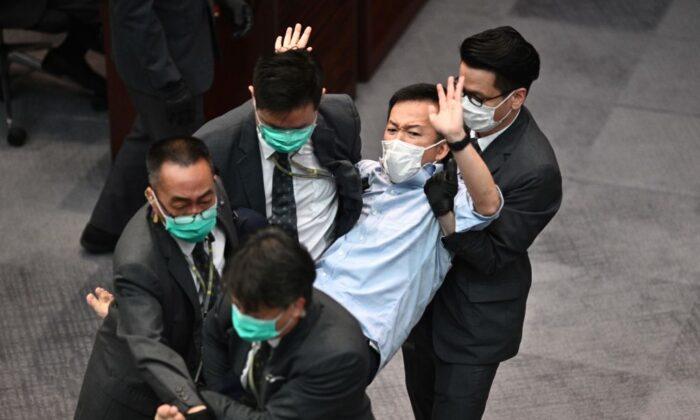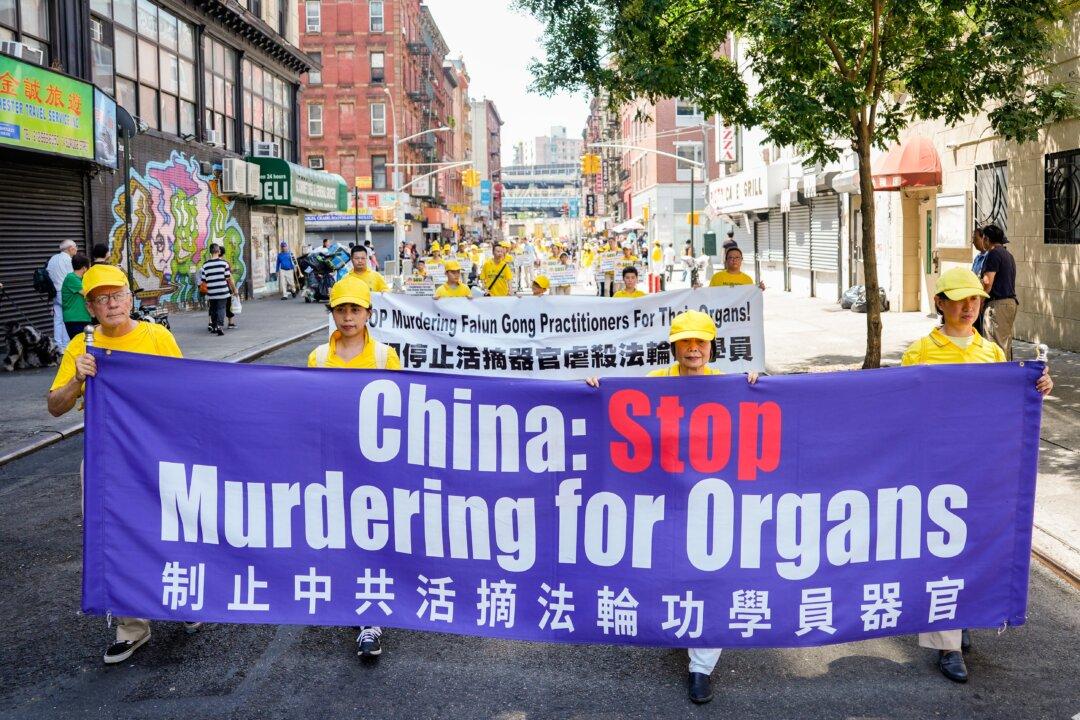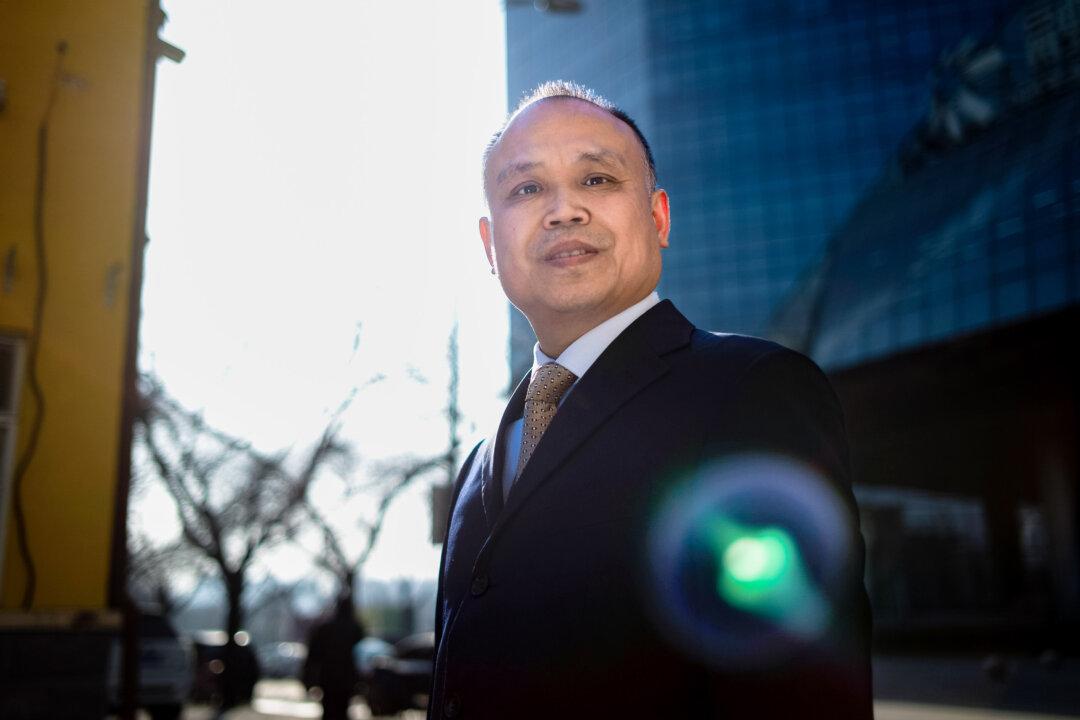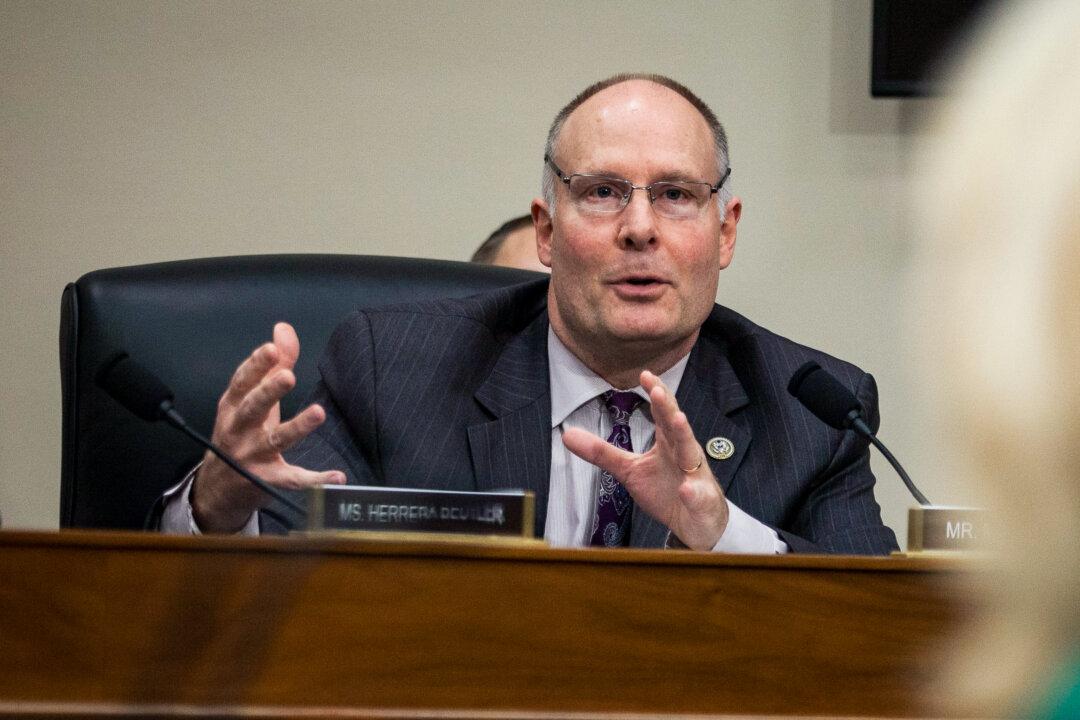U.S. Secretary of State Mike Pompeo has condemned the Chinese Communist Party (CCP) and the pro-Beijing Hong Kong government after eight opposition members, including five sitting lawmakers, were arrested over a dramatic scuffle in the Legislative Council in May as they fought for control of a key chairperson position that would determine if Beijing set the agenda for laws in the city.
“The Hong Kong government’s harassment and intimidation of pro-democracy representatives and attempts to stifle dissent are stark examples of its ongoing complicity with the authoritarian Chinese Communist Party, which seeks to dismantle the promised autonomy of Hong Kong and eviscerate respect for human rights,” he added.
The five current lawmakers arrested are Wu Chi-wai, Andrew Wan, Helena Wong, and Ted Hui of Hong Kong’s Democratic Party, and Fernando Cheung of the Labour Party. The others are former lawmakers Ray Chan and Eddie Chu, and Labour Party chairman Steven Kwok.
Beijing accused opposition lawmakers of “malicious” filibustering and went ahead with the vote despite procedural objections from the opposition.
The fighting ended when several pro-democracy lawmakers were dragged from the chamber by security guards.
But Pompeo argued, “We call on Beijing and the Hong Kong government to respect the right of the Hong Kong people to air their grievances through their elected representatives.
“The United States stands with the people of Hong Kong,” he said in his statement.
The European External Action Service—the EU’s foreign policy arm—also issued a statement saying that the decision to arrest the politicians “warrants close scrutiny.”
It added: “The EU will closely follow the treatment of these cases by the authorities, bearing in mind the importance of ensuring that democratic principles and respect for human rights are safeguarded and of impartiality of justice as a key principle of the rule of law.”
The Chinese Mission to the European Union criticized the EU’s statement. It said that the Hong Kong police “will not allow any interference by anyone” and that “Hong Kong’s judicial affairs brook no interference by the EU side.”
“When compared to the twelve #HongKong young people who still have no access to the outside world while in Chinese custody, our arrests made on outrageous charges are indeed a small price to pay,” Chan said.






Friends Read Free